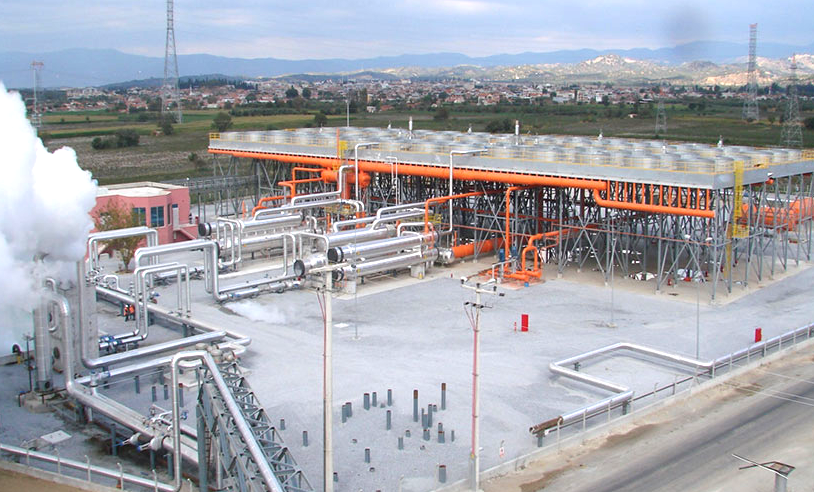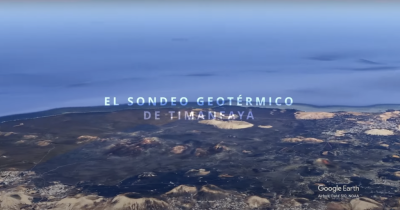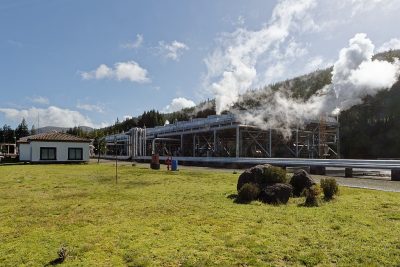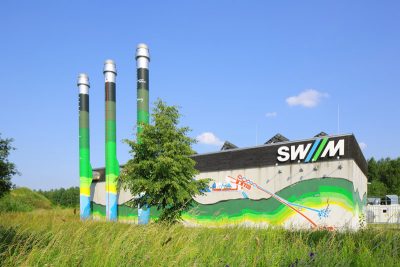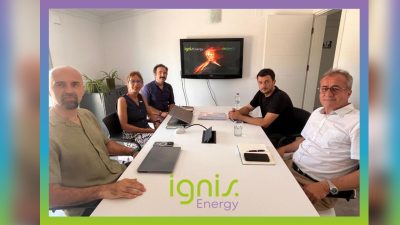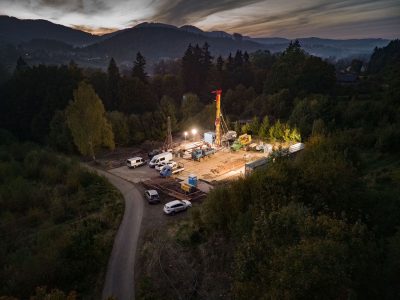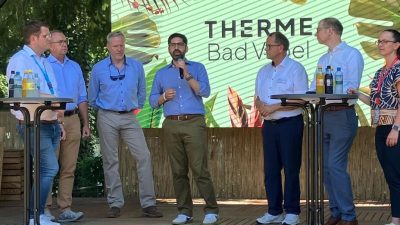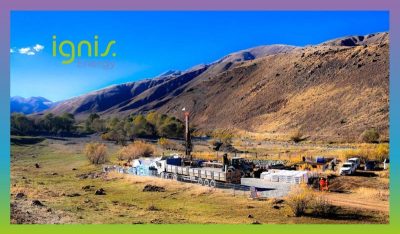Turkey’s geothermal risk mitigation scheme continuing with support by TKB and World Bank
Turkey's Development and Investment Bank TKB has announced its continued work and support of the Risk Mitigation scheme for geothermal development in Turkey (supported by the World Bank), with a second round of applications to open in May 2020.
Turkiye Kalkinma Bankasi AS (TKB, Turkey Development & Investment Bank), Turkey-based development and investment bank, has announced it continues the Geothermal Development Bank with the World Bank to support investment in geothermal energy development in Turkey.
With the Risk Sharing Mechanism provided by the World Bank’s Clean Technology Fund, the Grant Investment Mechanism supports investments in geothermal fields by partially meeting the risks of geothermal energy investors in exploration and verification drilling activities. All investors with exploration licenses can apply to the Risk Sharing Mechanism Project to benefit from geothermal energy for electricity generation and heat use.
Turkey aims to meet a certain percentage of risk in the geothermal energy sector in the context of Risk Sharing Mechanism for the first time applied to both energy production and drilling activities for the use of heat. Development Investment Bank is the executive of the Risk Sharing Mechanism Project and works with the Bank’s Engineering Unit, Project Implementation Unit.
TKB’s Assistant Vice President Secil Kizilkaya Yildiz: “The bank has the mission to power sustainable development in Turkey and is supported by international sources in this direction. We support renewable energy investments with long-term loans. Renewable energy investments constitute half of our portfolio. The geothermal sector also offers important opportunities in this area. We offer the necessary contribution to the development here with the support of the World Bank. In this context, we inform investors by participating in appropriate platforms. Turkey organized by the Academy of Sciences and Afyon Kocatepe University participated in the workshop that took place in Turkey Geothermal Development Project: Risk-Sharing Mechanism We conducted a presentation titled ” she said.
With the Risk Sharing Mechanism, the World Bank aims to meet the risks that geothermal energy investors will encounter in well drilling activities for resource research and verification, including for thermal purposes. In addition, it is expected that the early risks of geothermal investments will be met at certain rates, and the interest of the private sector in exploration geothermal investments will increase and geothermal investments will develop in undiscovered areas across the country. While the first implementation phases of the project continue, second term applications are planned to be received in May 2020. All investors who can benefit from geothermal energy for electricity generation and heat use and have a search license valid for at least 18 months from the date of application can apply to the Risk Sharing Mechanism.
The projects in the districts, which were previously discovered in Aydin, Denizli and Manisa provinces and where electricity generation from geothermal energy are ongoing. In case the drilled wells fail, 40 percent of the acceptable well cost is covered and 60 percent for other costs. If the wells drilled in the project are successful, the investor pays 10% of the premium for acceptable wells.
Generating electricity from geothermal energy in Turkey has increased at a remarkable pace. Only within a decade, Turkey has risen to number four in the world. The development started in 1984 with the Kizildere-I geothermal power plant with an installed capacity of 15 MW, continued in 2006 with the introduction of the first private geothermal power plant in 2006, and the Geothermal Resources and Natural Mineral Waters Law and Implementing Regulation No. 5686, which came into force in 2007.
Following the legal regulations that support the production of electricity from geothermal energy and the mechanism of supporting renewable energy resources with the RES Code, the installed capacity of geothermal power plants has increased significantly in the last decade, reaching a total of 1,526 MW at the end of 2019 with 51 geothermal power plants. With the new investments, it is aimed to increase this number and increase the renewable energy rate within the installed power of our country.
Source: Dunya
